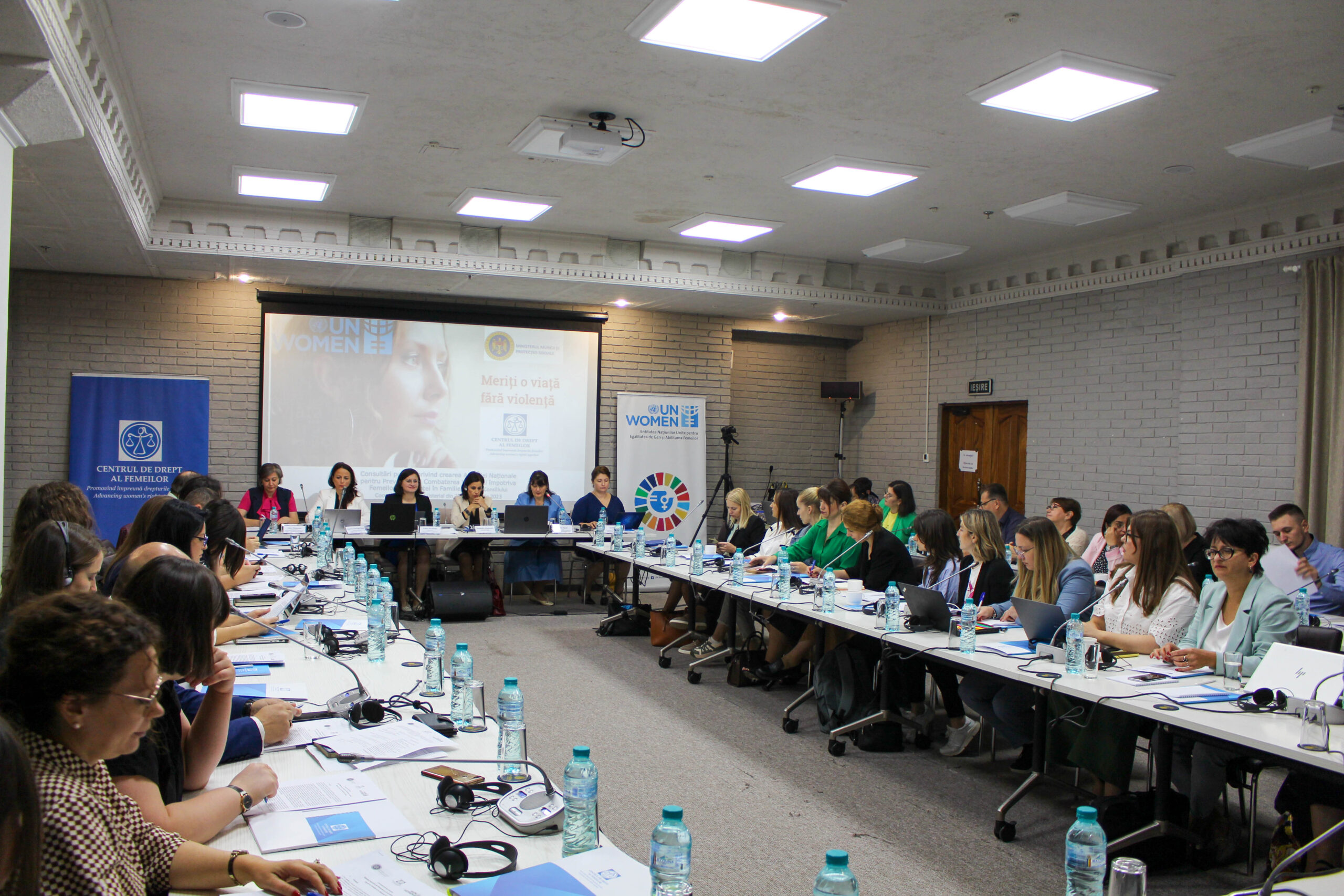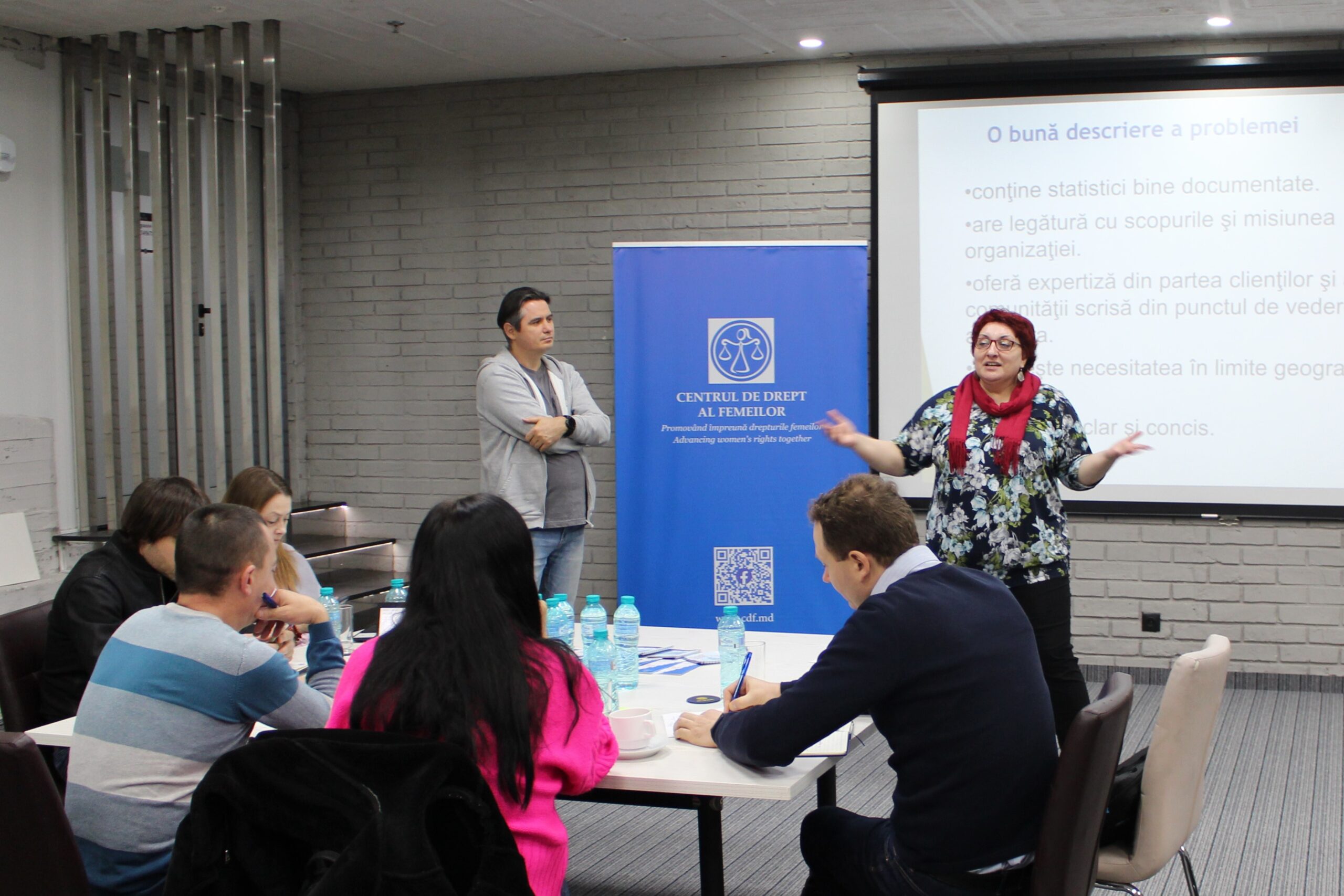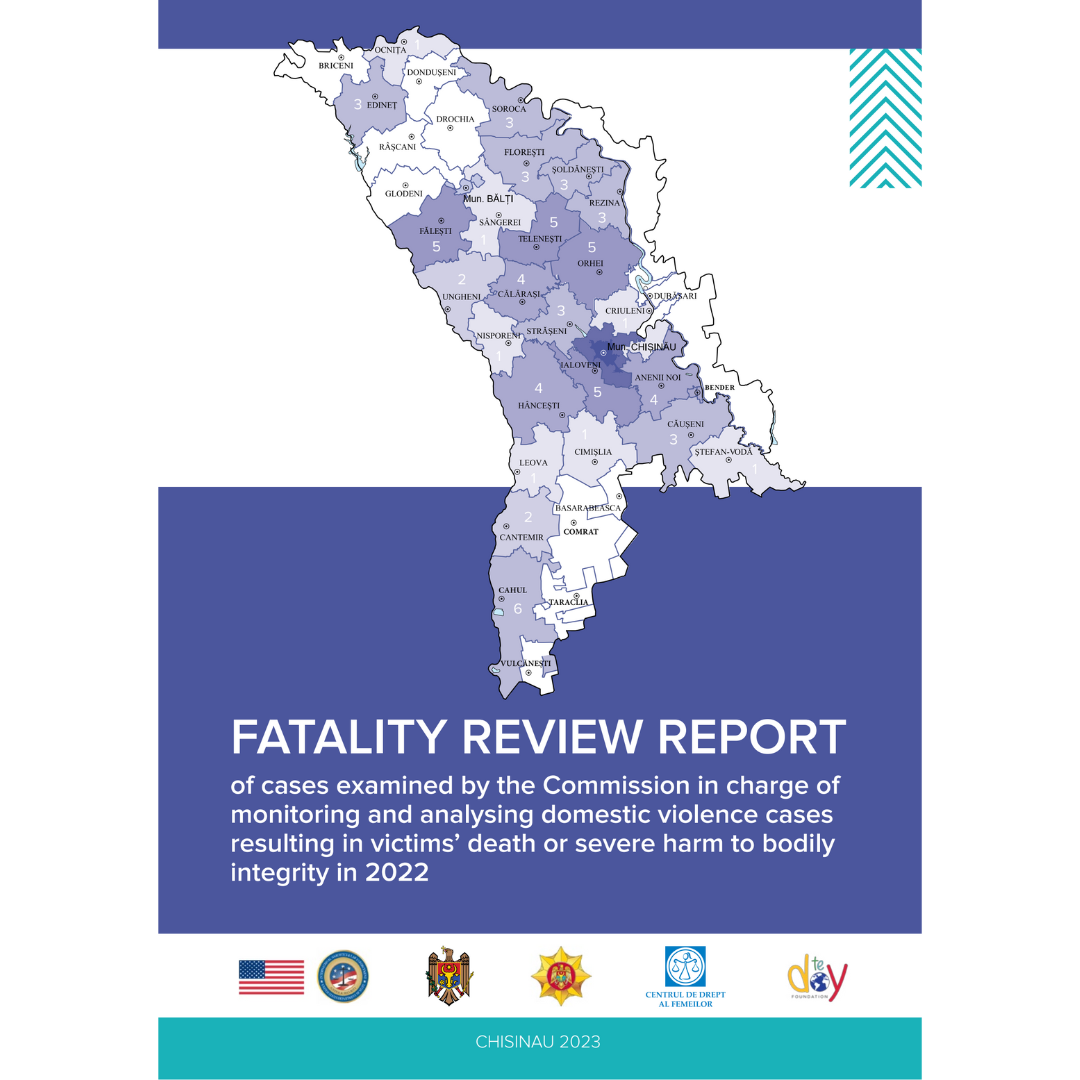Choosing and working with a lawyer
Do I need a lawyer? How do I find and choose a lawyer? How do I explain my situation to my lawyer? Who makes the decisions related to my case – my lawyer or I? What should I do if I don’t like how my lawyer acts? What happens if I can’t hire a lawyer? How do I represent myself in court?
Do I need a lawyer?
You can go to court without a lawyer. If children are involved, if the abuser has a lawyer or if you believe you need assistance, it is good to try to find a lawyer to make sure everything is done according to the law. In other cases, such as divorce, establishing the child’s domicile, etc., we recommend you to be assisted by a qualified lawyer. If you are a victim of domestic violence, it is good that your lawyer understands the problems you are facing and is experienced in solving domestic violence cases.
How do I find and choose a lawyer?
If you can’t afford to pay the services of a lawyer, you can ask a lawyer through state guaranteed legal aid service or to use other pro bono services (for example, organised specialised in such cases, etc.). CLICK HERE list of state guaranteed legal aid offices.
How do I explain my situation to my lawyer?
Once you have chosen your lawyer, try to explain to the lawyer everything that you think is relevant for your case. Some details that need to be emphasised during your first meeting with the lawyer are presented below:
Explain your concerns related to your case;
Explain your goals for the proceedings;
Ask your lawyer about his/her strategy to reach your goals;
Participate actively in the preparation in your defence.
If you find it difficult to tell your story to your lawyer, explain in writing what happened. Sometimes it is useful to make notes of the main facts. Writing down your thoughts can help you mobilise and organise yourself, and focus on the main details. Your notes will also help your lawyer understand the chronology of events, and the important case circumstances.
Please understand that for the lawyer to be able to select the facts that are truly relevant for the settlement of your case, he/she needs to know all details of your case. If your believe that your lawyer forgot something, you can remind and clarify that this detail might be important for the court. Before the court hearing, you can find out your case strategy. Do not feel intimidated by your lawyer. Remember that though your lawyer has experience in practicing the law, you contracted the lawyer to work on your case.
Who makes the decisions related to my case – my lawyer or I?
The lawyer has the competence to represent your case in the court and be your defender. Your lawyer can take strategic decisions on your case related to the order and way of submitting and gathering evidence, related to witnesses who will make testimonies etc. Nonetheless, YOU are the only person who will decide how to act on your case. For instance, if your child’s father wants to obtain the decision for the child to live with him or the right to make unsupervised visits, and you are sure that this is not in the best interest of your child, you should not agree with these requirements only because your lawyer is insisting. You can state openly to your lawyer that you are ready to fight for the child’s rights to grow in non-violent conditions. Often sides accept uncomfortable reconciliation conditions in order to prevent an unfavourable solution. Your lawyer must inform you and give you useful advice for you to make an informed decision Your lawyer can inform you about the likelihood of winning the case on the basis of legal framework and judicial practice. Analyse cautiously and carefully all recommendations your lawyer provides in order to make the right decisions.
What should I do if I don’t like how my lawyer acts?
If you are concerned that your lawyer does not represent you appropriately, we recommend you to talk to a specialist or a domestic violence lawyer, who could help you know your options. You could talk to another lawyer, if you have that possibility, in order to find out another opinion. Another lawyer or legal professional could help you formulate questions you should ask your lawyer in order to understand his/her strategy better.
Talk to your lawyer about your concerns. He has to explain his decisions in your case. If you don’t like the decisions or you believe the strategy is bad, you can explain him/her where you see the problem in the strategy he/she selected.
If you are still unhappy with the services provided by the lawyer, you can hire another lawyer. If you choose this solution, make sure that you get a copy of all documents in your file with the first lawyer, so that the second lawyer would have all needed materials to represent you henceforth.
If you believe you lawyer was unfair to you, you may file a complaint against him/her with the Lawyers’ Union, so that measures would be taken with respect to him/her.
What happens if I can’t hire a lawyer? How do I represent myself in court?
If you cannot afford a lawyer or no lawyer is assigned to you based on the free state legal aid, you can represent yourself in a court of law. CLICK HERE to see the list of state guaranteed legal aid offices.
If the justice system disappointed you
There is nothing more frustrating than feeling that your lawyer or the judge does not fulfil their duties properly in your case. Sometimes you feel that the judge or the lawyer does not pay enough attention to your case or does not believe that the acts of violence in your family imply the need of issuing a protection order, a divorce or establishing children’s domicile. It can also be frustrating when you cannot afford the services of a lawyer and the local legal aid organisation turned you down.



